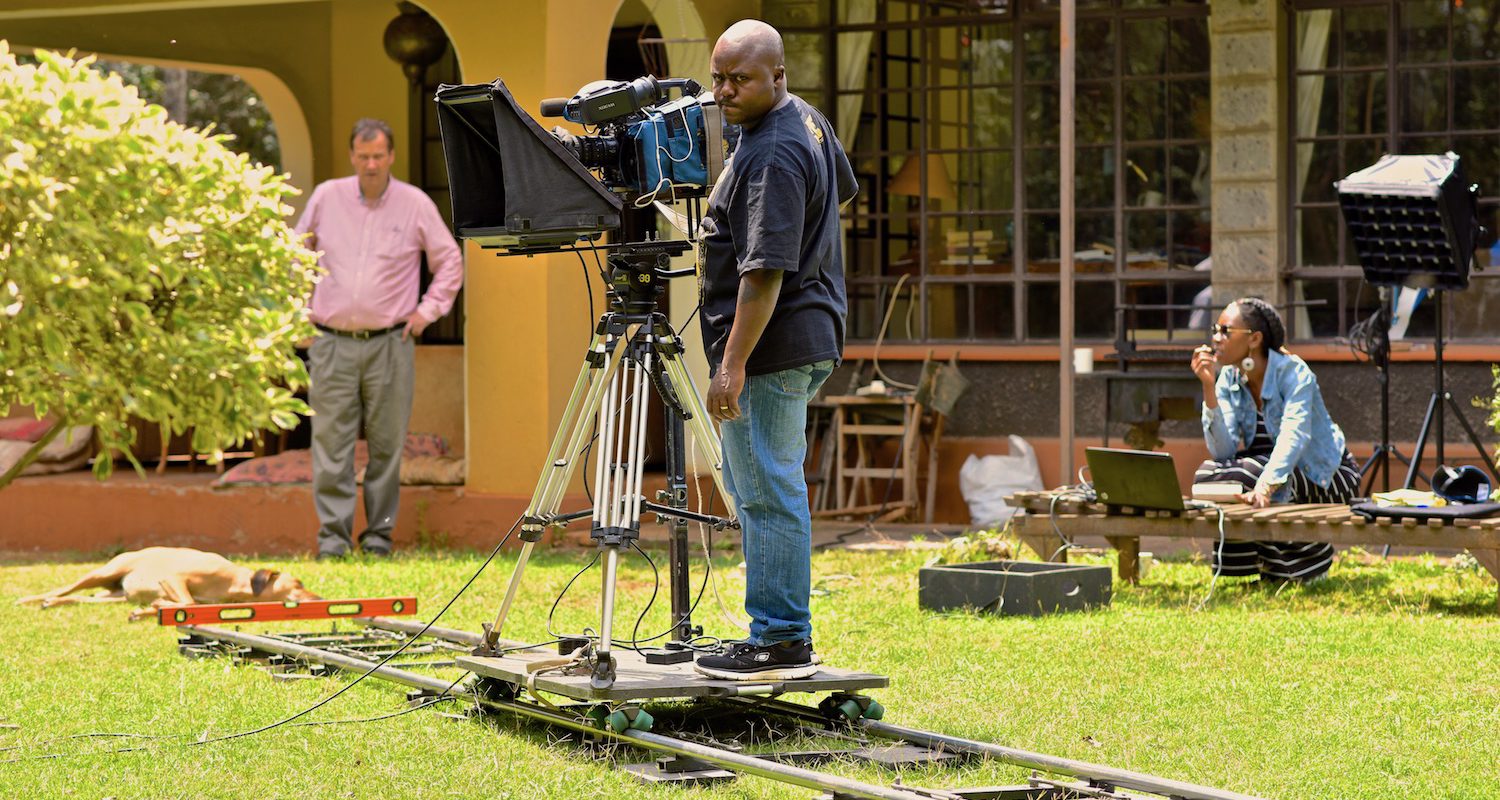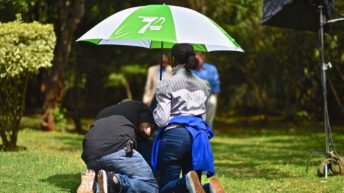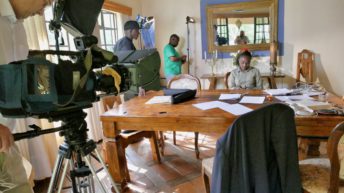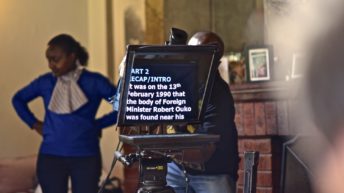Martin Minns: In reverse order, Troon’s report “adversely mentioned” local Kisumu politician Joab Omino, the PS in the Ministry of International Affairs, Hezekiah Oyugi, and former Energy Minister Nicholas Biwott.
Waweru So, if Joab Omino is in the dock – guilty or not guilty?
Troon rules out local politics and local corruption – I think wrongly – as motives for Ouko’s murder. But if Troon is right, that to some extent gets Omino off the hook.
Troon had identified Omino as a suspect because he didn’t have a good alibi for the day Ouko was murdered. That issue was never resolved.
It’s either case not proven, or at least the jury’s still out.
Hezekiah Oyugi – guilty or not guilty?
Troon didn’t offer a motive as to why Oyugi would want to murder Ouko. Oyugi was mentioned because he was evasive in the interview with Troon and may have withheld evidence.
I’m sure Troon was also influenced by the fact that Oyugi was feared – there’s no doubt he was.
If Oyugi was behind Ouko’s murder it’s unlikely he would have placed himself at the scene and he wouldn’t have acted alone.
But there’s never been solid evidence brought against Oyugi. And he’s dead, so he can’t defend himself.
Nicholas Biwott – guilty or not guilty?
Nichoas Biwott, Troon’s favourite suspect!
Biwott’s alibi for the 13th February 1990 was that he joined the presidential entourage and attended a rally in Muranga, over six hours drive from the murder scene, which we know was at Got Alila and nowhere else.
Photographs of the rally prove that Biwott was there, and thousands of people would have seen him.
And we have shown beyond any doubt that, contrary to popular belief, Biwott had no motive.
The motives Troon gave for Biwott’s possible involvement in the murder, the Washington trip and Kisumu Molasses corruption theories have been totally disproved – all the evidence is against them.
Nor was Ouko in any way a threat to him
It may be a hard truth for many Kenyans to swallow, but Nicholas Biwott clearly had no involvement in the murder of Robert Ouko.
Later, particularly during the Parliamentary Select Committee hearings, President Daniel arap Moi’s was mentioned as a suspect in the Ouko murder. Could the President have ordered the “Executive killing” of his Minister of Foreign Affairs?
Moi had no motive – Ouko was his man, unwaveringly loyal to him and doing a good job for his President. Ouko was certainly no threat to him.
It also wasn’t Moi’s modus operandi. He sacked ministers and even put them in prison if it suited his agenda. But he had no record of killing them.
And Moi immediately called in New Scotland Yard, quite possibly on the day Ouko’s body was found, certainly in the next day or two, to investigate the murder.
It was not a process he would have been able to fully control: Moi wouldn’t have taken that very risky step if he had personally been behind Dr Robert Ouko’s murder





